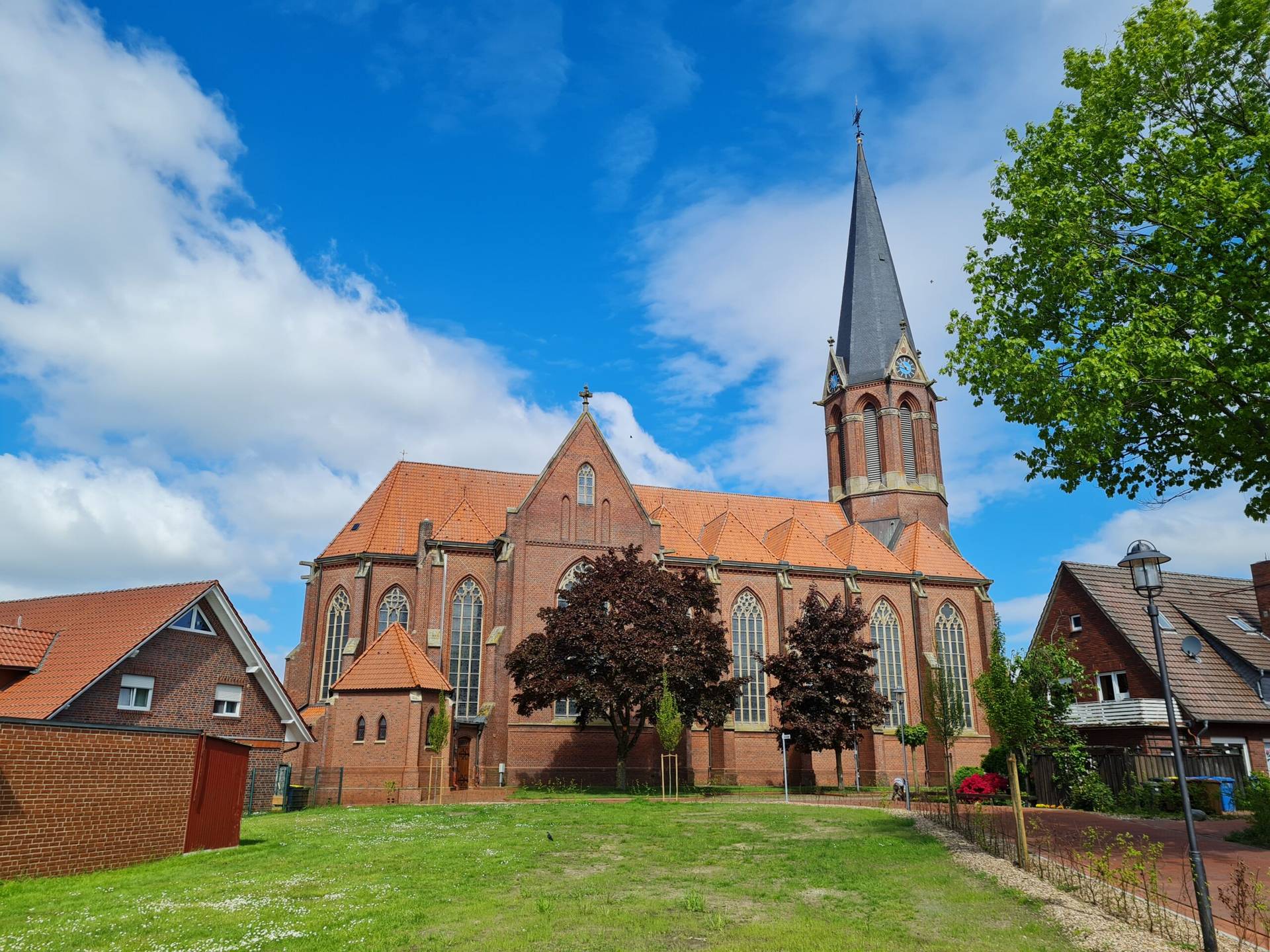MANILA, Philippines — The Minor Basilica of the Black Nazarene will only allow 400 people in the church for Masses marking the transfer of the Black Nazarene, but it will offer 15 Masses Jan. 9.
Working with government authorities to prevent the spread of COVID-19, church officials are taking other measures to reach out to the millions who normally participate in the celebration. Officials have even set up Quick Response codes for contact tracing.
Officials said large screens would be set up at multiple sites outside the church, with markers for social distancing. Masses will also be held at two nearby churches and a school.
Police officials warned that people under age 15 or over 65 would not be allowed to participate in line with pandemic guidelines.
The wooden statue, carved in Mexico and brought to the Philippine capital early in the 17th century, is cherished by Catholics, who believe that touching it can lead to a miracle. Church officials already outlawed kissing the statue because of the pandemic.
Jan. 9 is not the feast of the Black Nazarene; that is marked every Good Friday. But each year, millions of people follow the procession of the statue from central Manila to the basilica, also known as Quiapo Church. This procession, which commemorates the 1787 transfer of the statue to its current home, is known as the “Translacion.” Church officials canceled the procession in October to prevent spread of the coronavirus.
The wooden statue has been on display for veneration at various sites around the city.
At a Jan. 6 news conference, Msgr. Hernando Coronel, rector the basilica, encouraged people to remain at home and pray Jan. 9.

















